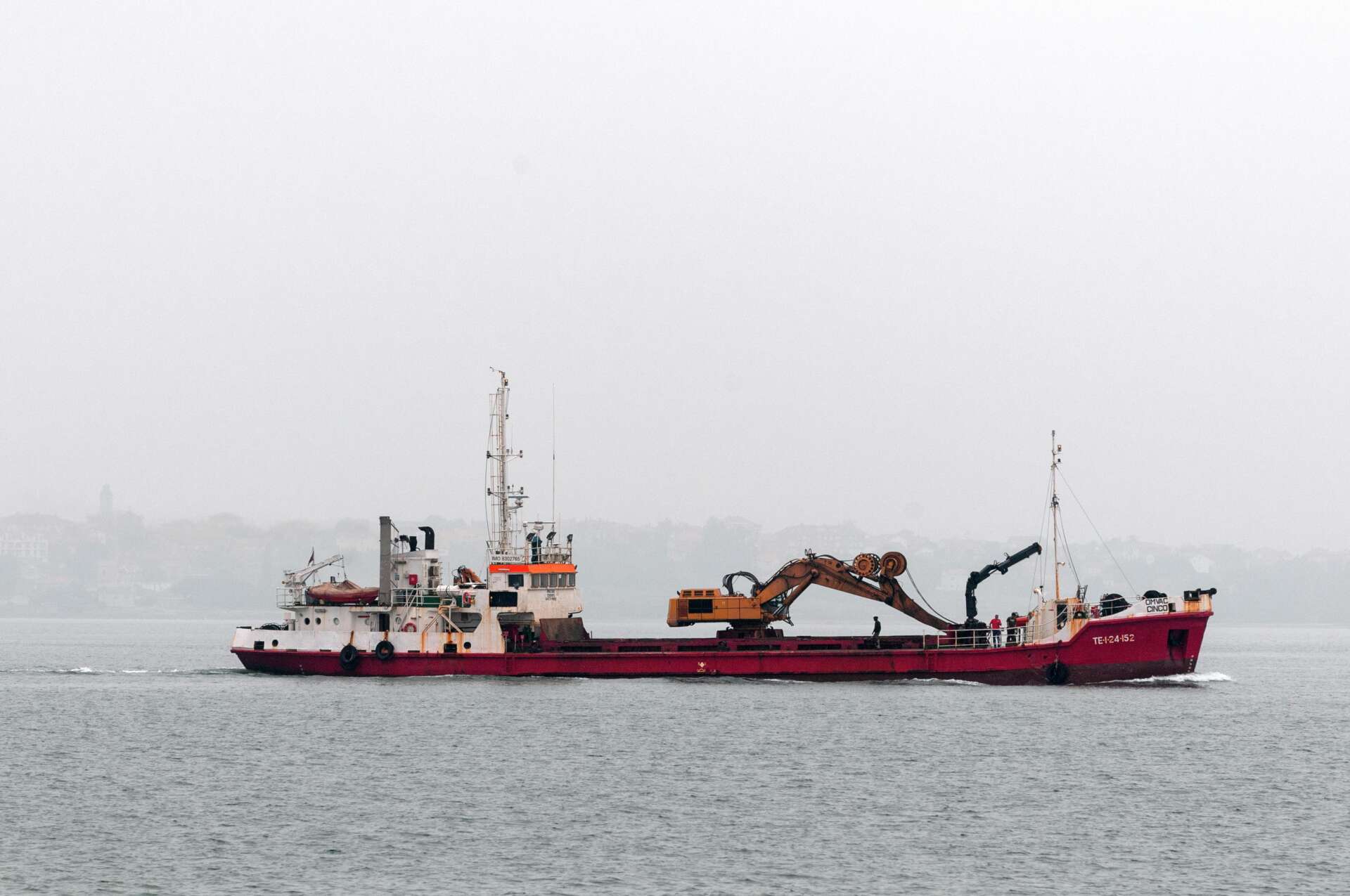The Eleventh Conference of Parties (COP11) of the Nairobi Convention for the protection, management and development of the coastal and marine environment of the Western Indian Ocean is convening in Antananarivo, Madagascar from 20- 22 August 2024. NC COP 11 is being held against a backdrop of major global policy developments including the adoption of the High Seas Treaty, Kunming-Montreal Biodiversity Framework, the Decade of Ocean Science and the Decade of Ecosystem Restoration among others.
LMMA and CAOPA, representing artisanal fishing communities from Africa and the Pacific, urges the NC COP11 member nations (one of the highest decision-making organs in the Western Indian Ocean), to urgently consider the following recommendations to protect, restore and sustainably govern our ocean.
LMMA and CAOPA reiterate that deep-sea mining, like other destructive polluting activities promoted as part of the blue economy, should not be allowed under the current circumstances as it will jeopardise the future of coastal communities.
Even if commercial deep-sea mining has not started anywhere in the world, exploration contracts have been provided by the ISA to more than 20 companies in the Atlantic, Indian, and the Pacific oceans. Given the potential impacts of these operations, this is already provoking ‘blue fear’ amongst our fishing communities. Indeed, in Africa, inland small-scale fishers have already been facing ruin because of underwater mining activities. We don’t want our coastal communities to meet the same fate
In the Pacific, experts recently looked at the impacts of deep-sea mining for manganese nodules, and concluded that this will have severe and long-lasting impacts on the seabeds mined and the species they support, and may pose significant risks to marine ecosystems more broadly. They highlighted that the potential impacts on fisheries, communities and human health are largely unknown and thus pose risks. They found that the relationship of Pacific islanders to the ocean is not well integrated into discussions about nodule mining and that social and cultural impacts are yet to be meaningfully explored. Lastly, the social and economic benefits are questionable.
Furthermore, an analysis by US scientists, published in the journal Science, has found that noise from one deep sea mine alone could travel 500 km under water. This is likely to have an impact on the behaviour of various fish species, including on the migratory patterns of species like tuna, which some of our fishing communities rely on for their livelihoods, and which is so important for many developing countries’ economies.
Given the risks that deep sea mining will pose to our communities, it is imperative that a precautionary approach is adopted. We therefore demand that:
- Deep sea mining impacts on ecosystems and the communities that depend on them for their livelihoods are understudied and overlooked. In this context, it should not currently be allowed or supported. We call for an open-ended moratorium of deep-sea mining.
We urge that the decisions on ocean governance including that of Marine Spatial Planning be taken in a participatory manner following the principles of Human rights-based approaches and free, prior and informed consent of the local communities.
We call for the development, with the utmost transparency and with the participation of affected coastal communities, of mechanisms for
(1) independent social and environmental impact assessments of deep-sea mining and other marine and coastal spaces’ usage.
(2) Consultation which allows for informed and active participation of affected fishing communities
(3) Conflict resolution between users of maritime spaces, and
(4) Judicial and administrative grievance redress.
We hope that you listen to the most numerous users of the ocean, the artisanal fishing communities, rather than to mining companies and big corporates of blue economy developments. If allowed, deep sea mining and other blue economy developments will for sure rake in millions of dollars for these companies, but it also will destroy ecosystems and the livelihoods for our people.


